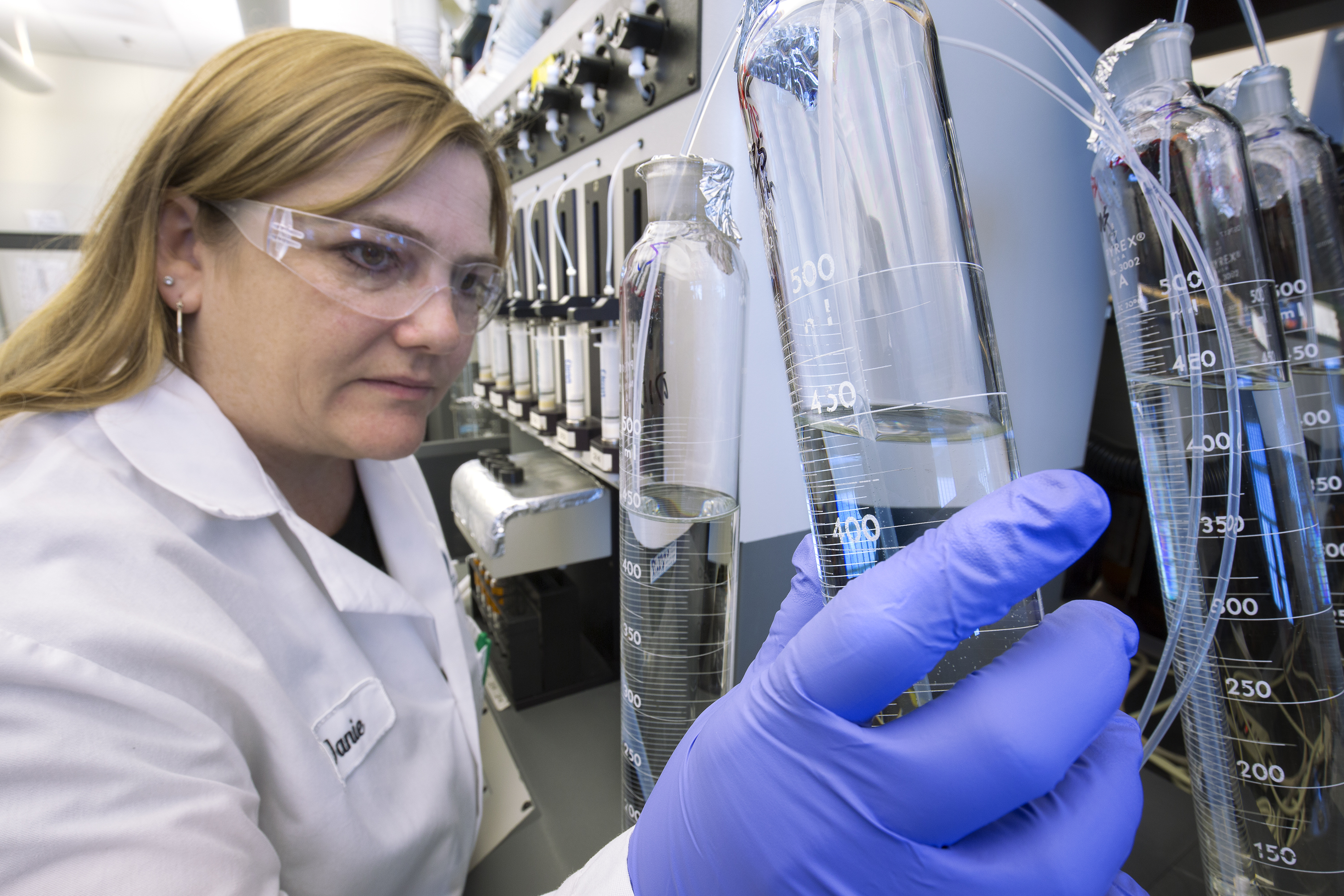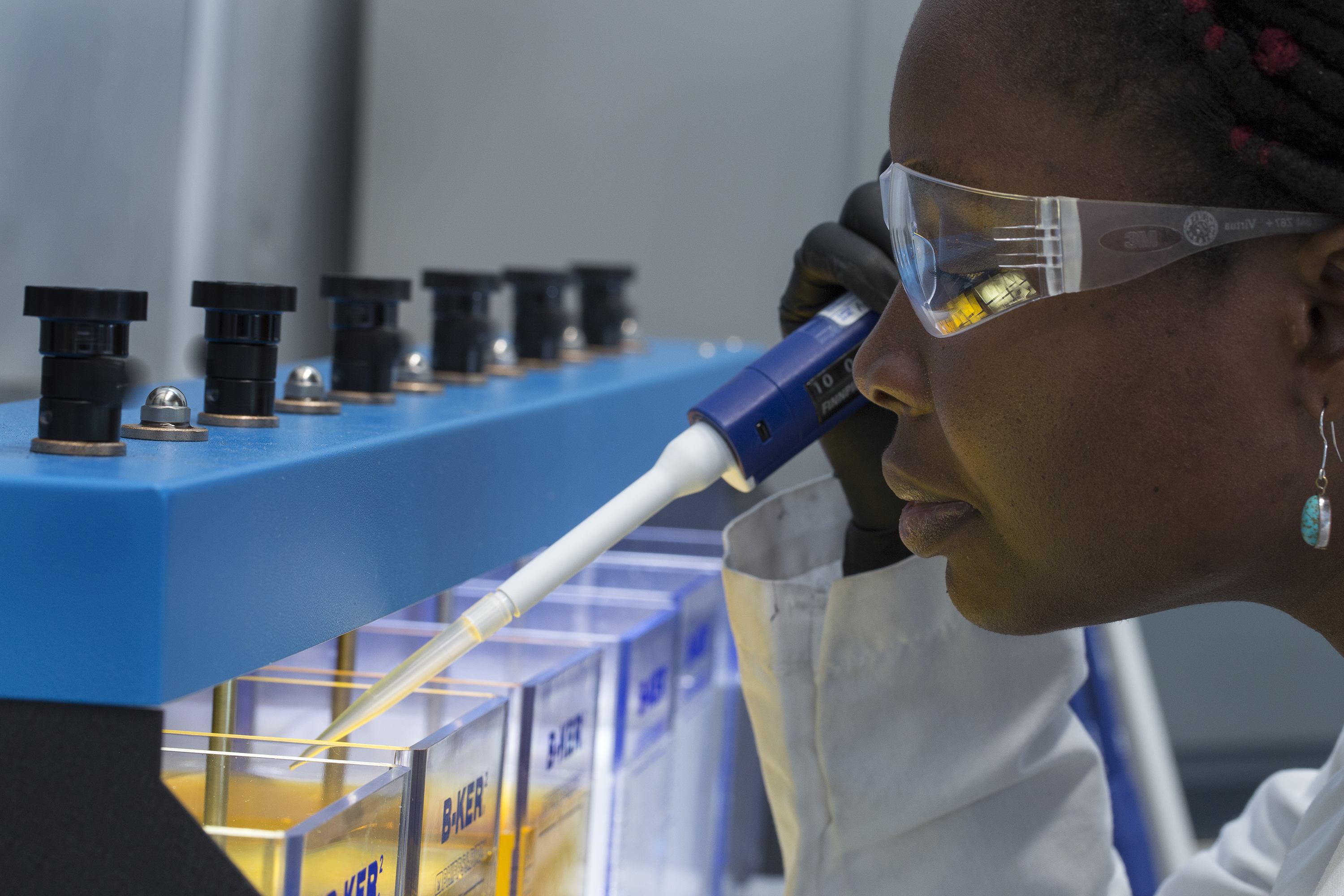


The Las Vegas Valley Water District (LVVWD) and the Southern Nevada Water Authority (SNWA) have been working with state and local officials to monitor the novel coronavirus (COVID-19) and its possible impacts on the community.
As part of both water agencies’ readiness plans, provisions are in place to ensure appropriate water treatment supplies and resources are available to sustain water delivery for an extended period of time. Even under extreme circumstances, LVVWD can supply water from groundwater wells and/or through other operational strategies.
According to health officials, COVID-19 is primarily transmitted person-to-person—there is no indication that transmission can occur via drinking water supplies.
Southern Nevada’s drinking water is treated using a combination of ozonation, filtration and chlorination, which are on the leading edge of water treatment processes and effective at removing contaminants from water. Chlorination, which is used throughout Southern Nevada’s water distribution systems, is extremely effective at destroying viruses and microorganisms during the water treatment process and maintaining disinfection throughout the water system.
The advanced water treatment processes along with emergency preparedness planning have helped ensure the community will have a quality, reliable water supply during emergencies like the coronavirus outbreak.
“We’ve had a pandemic plan in place for 10 years,” according to Frank Milligan, Director of Environmental, Health, Safety and Corporate Security. He added that LVVWD has updated the plan over the years and modified it after each major pandemic concern. “We’ve thought about this. We’ve planned and prepared for this. We are doing what we need to do so the community has tap water available.”
The Water District and the SNWA have robust emergency response and readiness plans to help maintain water system operations during natural disasters, community-wide illness, and other emergency situations.
“We test and update our emergency plans on a regular basis. It’s something we think about all the time,” said Director of Water Quality and Treatment Greg Kodweis.
In addition to developing emergency response plans for multiple scenarios, the SNWA and its member agencies also work to keep the water treatment and distribution systems in top shape so that should a crisis occur, the water system is able to provide water to the community.
“We are always conducting routine and preventative maintenance to ensure the water system is in good operating condition,” said Ken Albright, Director of Operations. “We stay in contact with vendors to ensure parts are available in a variety of emergencies, and we maintain a supply of needed chemicals for treatment. We store water in our reservoirs, and we put our groundwater wells in readiness mode in case they’re needed.”
Both SNWA and LVVWD have implemented robust asset management projects that maintain and upgrade the water system infrastructure. The asset management plans include funding to ensure aging infrastructure in older areas of town has the same level of service and reliability as the water systems in newer developments.
SNWA crisis planning includes exercises involving critical staff members, who run through emergency plans and practice how they need to respond in emergencies.
During the coronavirus outbreak – and during a variety of emergency situations – the community can help protect the water supply by reducing non-essential water use. Residents and businesses should reduce outdoor landscape irrigation to just one day a week while the current temperatures are still cool.
“The less water we need to provide during an emergency, the less we have to treat, which stretches the amount of chemicals we need and the amount of water we have in storage,” Kodweis noted.
For additional information about our water system, drinking water supplies and COVID-19, visit snwa.com.
Members of the editorial and news staff of the Las Vegas Review-Journal were not involved in the creation of this content.


